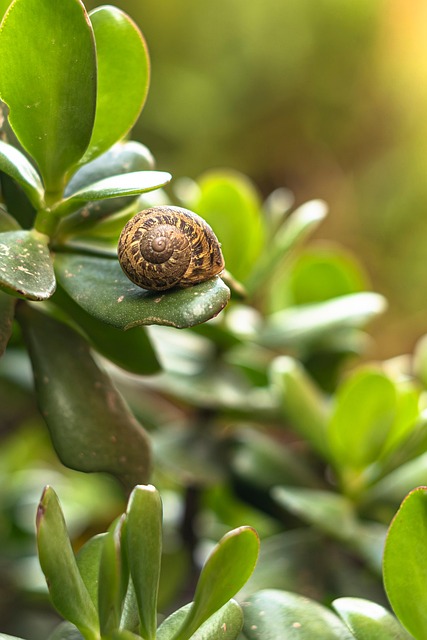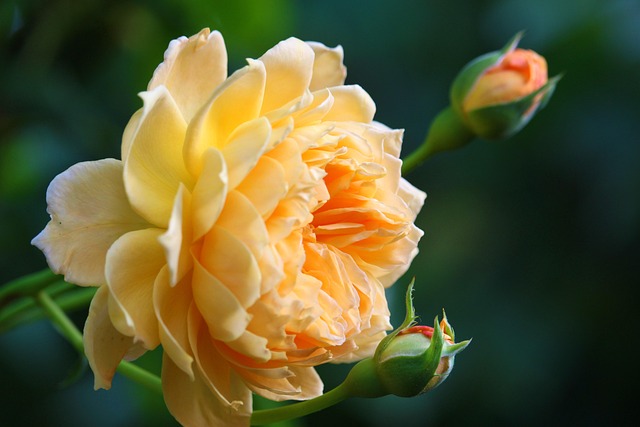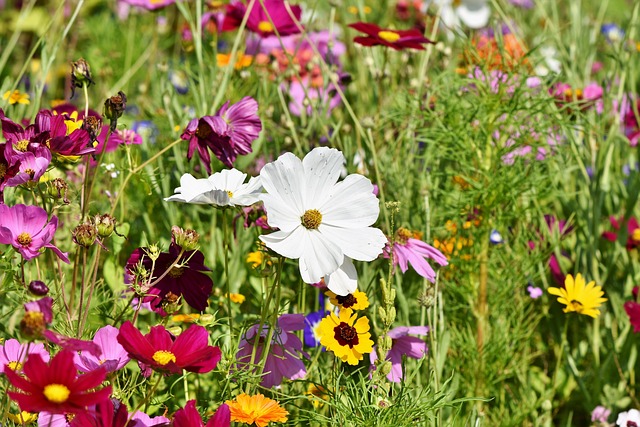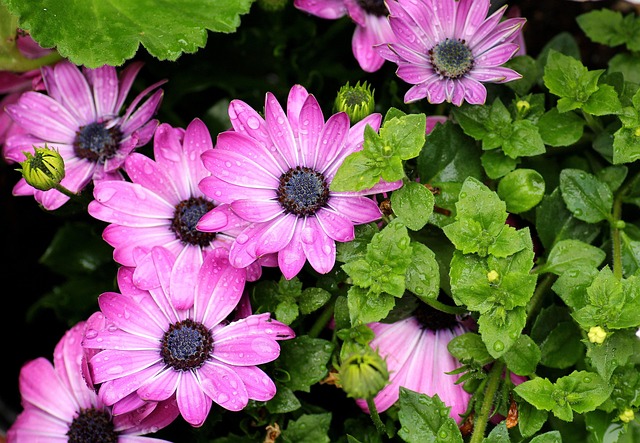Mulch is a year-round soil protector offering numerous benefits beyond aesthetics. It conserves moisture, suppresses weeds, reduces erosion, and improves soil structure. During summer, strategic watering with organic mulches like wood chips or straw helps plants thrive by retaining moisture and releasing nutrients. Year-round mulching involves seasonal choices: insulation and weed suppression in spring/autumn, moisture retention in summer, and protection from cold in winter. The right mulch type – organic for hot summers, inorganic for cold months – ensures soil stability, health, and beauty across all seasons, enhancing summer watering tips.
Protect your soil and enhance your garden’s health with effective mulching strategies. This comprehensive guide explores year-round soil protection, delving into the benefits of mulch, diverse types, and tailored techniques for every season. Learn how to choose the right mulch for your unique garden needs. Discover vital summer watering tips specifically designed for drought-sensitive plants to ensure their survival during hotter months.
- Understanding Mulch: Its Benefits and Types for Soil Protection
- Summer Mulching Strategies: Watering Tips for Drought-Sensitive Plants
- Year-Round Mulching: Protecting Soil in All Seasons
- Choosing the Right Mulch for Your Garden: A Comprehensive Guide
Understanding Mulch: Its Benefits and Types for Soil Protection

Mulch plays a vital role in year-round soil protection, offering numerous benefits that extend beyond aesthetics. By understanding its various types and advantages, gardeners can enhance soil health and create an optimal environment for plant growth. One of the primary functions of mulch is to conserve moisture, which is especially crucial during summer months when watering tips emphasize deep and infrequent irrigation. Organic mulches, such as wood chips, straw, or compost, enrich the soil with nutrients as they decompose, promoting healthy root development.
Additionally, mulch acts as a protective barrier against extreme temperature fluctuations, preventing soil from heating up too quickly in the sun and insulating it during cold nights. This helps to maintain a consistent soil temperature, which is essential for plant metabolism. With its ability to suppress weeds, reduce erosion, and improve soil structure, mulch provides a sustainable solution for gardeners seeking to enhance their landscaping efforts while also contributing to overall ecosystem health.
Summer Mulching Strategies: Watering Tips for Drought-Sensitive Plants

During the sweltering summer months, proper watering becomes even more critical for maintaining healthy plants. For drought-sensitive species, implementing strategic mulching techniques can significantly enhance soil moisture retention. By creating a protective layer at the base of plants, mulch acts as a natural barrier against evaporation, allowing water to penetrate deeper into the soil and nourish roots effectively.
To maximize the benefits of summer watering tips for these delicate plants, consider using organic mulches like wood chips or straw. These materials not only retain moisture but also gradually release nutrients, fostering a healthier and more resilient root system. Regularly checking the soil’s moisture level is key; while mulching conserves water, it doesn’t eliminate the need for periodic watering, especially during prolonged dry spells.
Year-Round Mulching: Protecting Soil in All Seasons

Year-round mulching is a strategic approach to maintaining healthy soil, ensuring its protection during every season. In spring and autumn, when temperatures moderate, organic mulches like wood chips or straw can be added or adjusted, providing insulation and suppressing weeds that compete for essential nutrients. This is especially beneficial in preventing soil erosion caused by heavy rainfall.
During the summer, choosing the right mulch becomes crucial, as water evaporation is a concern. Fine-textured mulches like pine needles or decomposed leaves retain moisture better, allowing for more efficient summer watering tips. They also help regulate soil temperature, protecting roots from scorching heat. In winter, a layer of protective mulch can shield sensitive plants and prevent heaving caused by extreme cold, ensuring that the soil remains stable and supportive throughout the year.
Choosing the Right Mulch for Your Garden: A Comprehensive Guide

Choosing the right mulch is a crucial step in protecting your garden’s soil year-round. Different types of mulch offer varying benefits, so understanding their properties is essential. For instance, organic mulches like wood chips and straw retain moisture, suppress weeds, and enrich the soil as they decompose, making them ideal for maintaining healthy plants during summer’s intense heat. On the other hand, inorganic mulches such as gravel and stone provide excellent drainage, which is vital to prevent waterlogging in colder months.
When selecting mulch, consider your garden’s specific needs. If you’re looking for extended protection against weeds, opt for a thicker layer of organic material. For areas prone to extreme temperatures, choose mulches that offer insulation. Additionally, summer watering tips come into play here; some mulches help regulate soil temperature and moisture levels, reducing the frequency of watering. Remember, the right mulch acts as a protective blanket, ensuring your garden’s longevity and beauty throughout all seasons.
Implementing effective mulching strategies is a year-round commitment to soil health and plant vitality. By understanding the benefits of mulch and choosing the right type for your garden, you can protect your soil, conserve moisture, and ensure your plants thrive in all seasons. For summer watering tips, especially for drought-sensitive plants, proper mulching significantly enhances water retention, reducing the need for frequent irrigation. With a comprehensive guide to selecting the best mulch, you’re equipped to create a thriving, sustainable garden that reflects your dedication to both nature’s beauty and its preservation.
